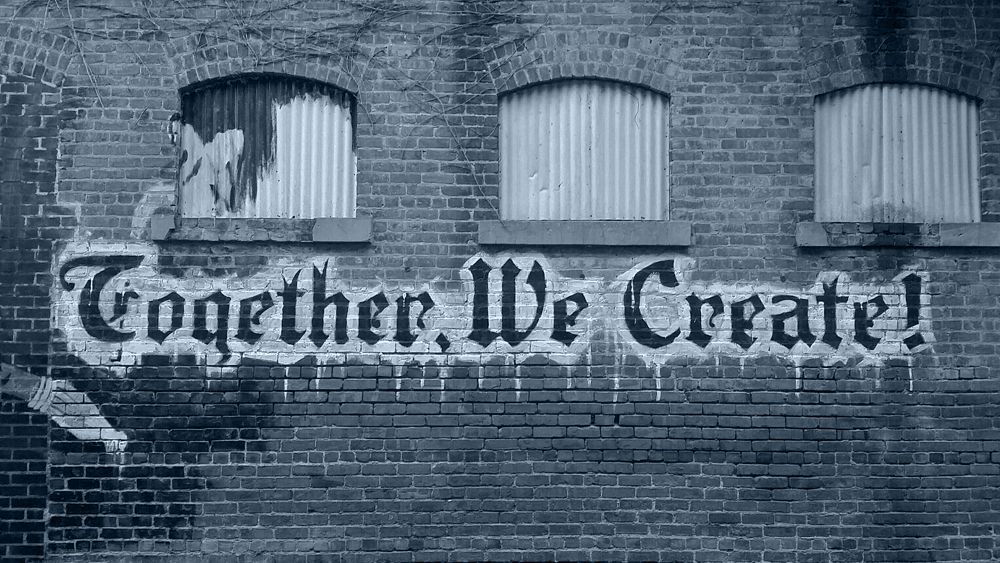Electronic redaction in Nextpoint is designed as the ultimate failsafe. Once a piece of information, other parties or opposing counsel cannot recover it. (This has not always been true of other technologies, where redaction failures are common.) In order for redacting to work, it has to be truly unreadable and unrecoverable once in place. Unfortunately, the failsafe…
read moreProviding more evidence of the continued restructuring of Big Law, the Wall Street Journal’s front page reported that Weil Gotschal has announced layoffs, followed up by Above The Law’s continuing reports of ‘stealth’ layoffs in law firms — mostly of staff and legal secretaries. This shouldn’t be a surprise to anyone familiar with basic business…
read moreLaw schools are in trouble. There are a lot of reasons why this is true, many having to do with wrenching change in the practice of law itself. There is certainly no easy fix for what ails law schools, but we do know that nothing will get better without changing the way young lawyers are…
read moreWe get it. Social media is not something most lawyers think about every day. According to the most recent ABA Legal Technology Survey Report, only 11 percent of attorneys use Twitter professionally. But as social media is now central to more and more matters, lawyers need to think about the ways Facebook, Twitter, and other sites…
read moreIf companies have one complaint about eDiscovery, it’s that they are forced to preserve too much data for litigation. In 2011, Microsoft estimated that the ratio of the data it preserves to the data it actually uses in litigation is 340,000 to one. That’s why defining the duty to preserve documents in litigation is a…
read more<h4 “>Can you find affordable eDiscovery? The American Bar Association published a couple of useful guides on affordable eDiscovery recently, one by Bruce Olson and another by Tom O’Connor, both well-known litigation and eDiscovery experts. The general thrust of these articles is that lawyers can and should take advantage of the reasonably priced or free software tools…
read moreThe mountains of digital evidence seen in modern litigation make it easy for legal teams to become overwhelmed. Unfortunately, courts have shown no patience for lawyers who lose track of their eDiscovery projects. In an extreme case of lawyerly ignorance, Branhaven, LLC v. Beeftek, Inc., 2013 U.S. Dist., (D. Md. Jan. 4, 2013), Maryland Magistrate Judge…
read moreOn Wednesday, March 6, Nextpoint hosted the live webinar, “Understanding the eDiscovery Amendments to the Florida Rules of Civil Procedure.” If you missed the event, a recording is available here. Florida attorney and eDiscovery guru Jason Molder presented the session along with Nextpoint CEO Rakesh Madhava, describing all of the ways the newly codified Florida…
read moreAccording to the The New York Times, law schools are taking some bold steps to address the challenges facing their graduates. The piece talks about a new law school innovation described as, “a teaching hospital for law school graduates.” The idea is to create clinics and law firms that employ new law school graduates, offering services to low-…
read moreWriting for Canadian Lawyer, Toronto attorney Dera Nevin asks a simple question, “Why Does eDiscovery Cost so Much?” We’ve earlier talked about eDiscovery costs here as well. That is a very good question, and one we think needs to be answered. Dera hits the obvious points, that there are enormous volumes of data that are discoverable,…
read more



